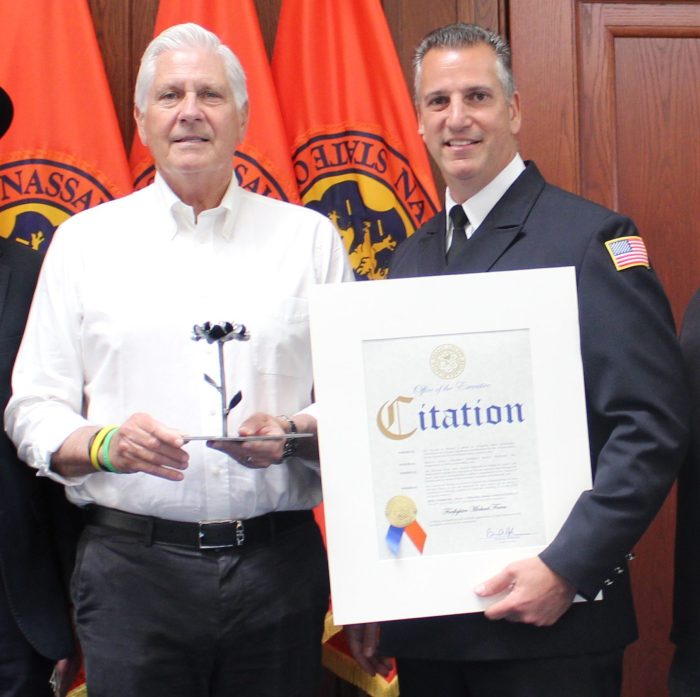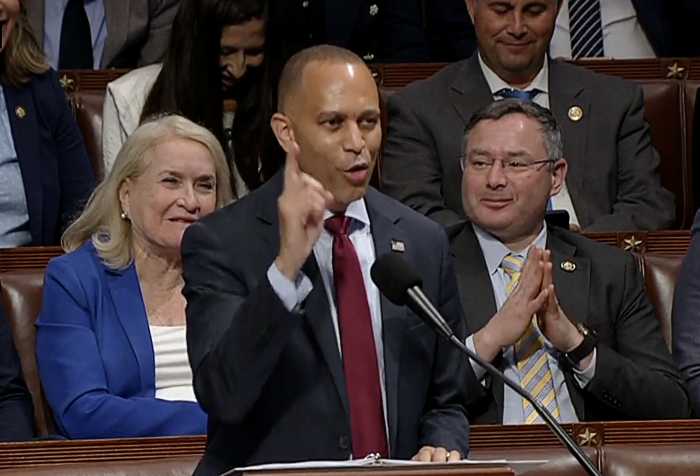Our Rendezvous With the Stars
Somewhere back in the unfathomed depths of ancient human history, a conscious effort was made to leave the confines of the envelope of the North African Continent, where the species originated, to venture forth in the world, an exodus that would lead our race to the far corners of the earth. The conqueror Alexander the Great would lead a great army over 20,000 miles, much of it on foot, over daunting mountain ranges and desert terrain to propel a still inchoate civilization toward cultural unity and globalization. From a small Republic, Julius Caesar built Rome into the greatest empire the world had ever seen. Christopher Columbus and his fellow mariners discovered and then bridged a vast ocean to join the Old World to the New World. In that New World, 13 fledgling colonies situated at the Atlantic rim of the Northern Hemisphere would build a civilization upon an immense wilderness creating, in Jefferson’s words, a Continental Empire of Liberty.
Closer to our own time, in the pre-dawn hours of the Age of Aquarius, President John F. Kennedy caught the spirit and promised that America would land a man on the moon and bring him safely back to earth. Before the gloom of dusk settled upon that roiling decade, we heard these words transmitted from a lunar surface 238,000 miles away, “One small step for man; one giant leap for mankind,” making Kennedy’s prophecy a historical fact.
The Apollo missions that journeyed to the moon lit the imagination of the world. But since those first landings, a small eternity has passed with nothing to excite the pride and glory that had so inflamed a generation. This bland inertia might satisfy some; the Roman poet Properitus, after all, thought that in great endeavors even to want is enough. But an American politician named Newt Gingrich thinks it’s not enough to yearn, but that one must venture and do, for it’s in America’s blood to dream large.
Gingrich recently stated that if elected president, America will revisit the moon to build a lunar base. He vowed to construct it by the end of his second term or around 2020. A moon base is a grandiose idea, but the odds of it happening are attached to more than a few implausible strings, when the circumstances of time and money are considered.
A few questions: Do we earthlings really want to go there? The moon’s sterile, cratered terrain will never be mistaken with the lushness of the Caribbean Islands. Espied from the congeniality of our own blue and green world the lonely, luminous orb evokes romantic dreams, but another moon walker (not Michael Jackson), described it as nothing more than “magnificent desolation.”
Because Newt, smart and informed as he is, is so easily caricatured as a hopeless dreamer given to flights of fancy, he is not the ideal person to ignite a national debate about going to the moon and beyond. But the dialogue is definitely worth having. Humanity is inherently migratory; just as oceans, mountains and deserts did not stop us from overspreading the face of the earth, gravity should not pen us in from journeying to the heavens.
Perhaps lunar stations and space travel are a pipe dream for only the wanderlust and science fiction writers; but Newt is right in saying America must dream expansively, it’s the adrenaline that made us great. The space program, after all, was never bereft of practical and humanizing benefits; its seed carried great promise for technological and commercial breakthroughs.
A national enterprise of such grand dimensions will bind the nation, nourish young inquisitive minds and present us with a challenge worthy of our heritage and commensurate with our destiny. I once proposed that we wait to send a manned mission to Mars in 2069, the centennial of the moon landing, because the distance and engineering challenges were so formidable. Space enthusiasts would undoubtedly say I was being much too cautious and timorous; nevertheless I never once doubted that our physical inevitability lay in the shrouded darkness above, punctuated by exquisite points of light.
We routinely waste so much taxpayer’s money for so little in this country; it’s time to up the ante by doing something momentous and memorable. An enterprise of such grand dimensions as space travel requires an assessment of national priorities. Whatever they might be, we do not want to surrender our only natural satellite to a foreign power with hostile and hegemonic designs. We know that China, sooner rather than later, will be looking toward the celestial skies as a new frontier for its immense population and its even greater national ambitions. It is something America needs to be concerned about. As the humorist James Lileks has written, “Do we really want to gaze up at the moon every night knowing it’s full of oligarchical Chinese collectivists?”
One can jest about these things, but in the next 50 years the national security implications might be such that we won’t hear the laughter. Whatever else beckons us to spend our money, it should not be a $900 billion stimulus program or a Washington D.C. centrally directed healthcare overhaul that will spend untold billions more to create another expensive bureaucratic nightmare we can’t afford.
Perhaps what we need is a little less science and a little more poetic imagination to bring the magic back into our dreary lives. To see, as John Ruskin saw, “fireflies as broken sunlight” is the kind of lyricism that should define our rendezvous with the stars. Leaving the shores of our ancestral home to set sail upon the cosmic ocean is to leap through the Newtonian window, where the earth that we live on is but a solitary seashell at the precipice of an unending and unyielding mystery.
































